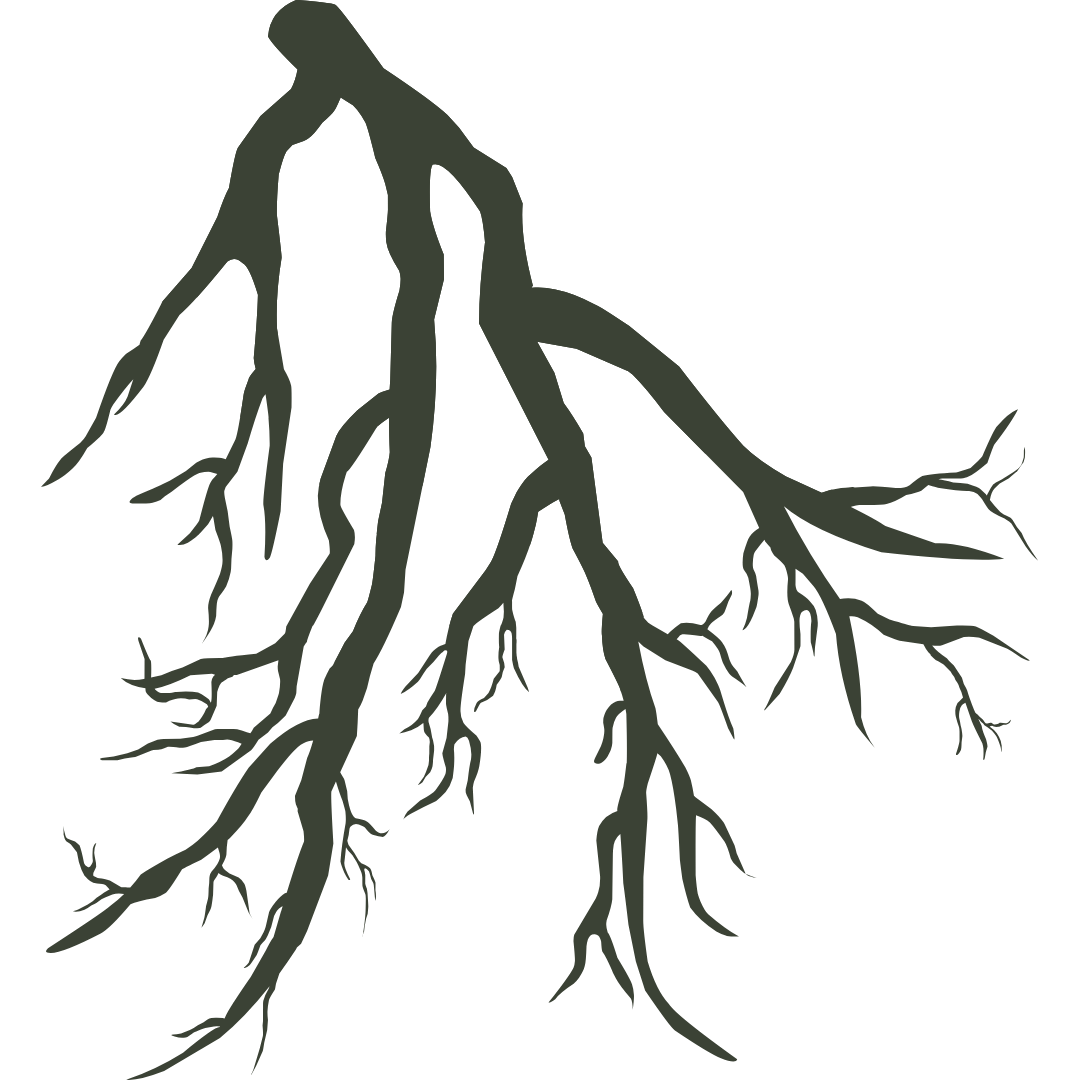Burnout: Signs, Recovery, and Reconnecting with Yourself
In today’s fast-paced world, burnout has become increasingly common. Whether in work, relationships, or daily responsibilities, many of us push ourselves beyond our limits without realising the impact. Burnout isn’t just about feeling tired - it’s a state of emotional, physical, and mental exhaustion caused by prolonged stress. When the mental load becomes too heavy, it can feel impossible to find clarity, space to rest, or even know how to recover.
Understanding the symptoms of burnout is the first step towards recovery. While it looks different for everyone, some common signs may include emotional exhaustion, such as feeling drained and overwhelmed, increased irritability or mood swings, and difficulty finding motivation or joy in daily activities. Physical symptoms can also manifest, including chronic fatigue, lack of energy, frequent headaches, muscle tension, body aches, and a weakened immune system, which can lead to frequent illnesses.
Burnout can also cause mental fog and detachment, making it difficult to concentrate or make decisions. It can create a sense of disconnection from work, relationships, or personal interests and increase feelings of frustration or helplessness. You may also find yourself withdrawing from social interactions, experiencing decreased motivation, or developing unhealthy coping habits.
Burnout recovery takes time and conscious effort. It can feel daunting and overwhelming, but with patience, understanding and self compassion, there are ways to heal and flourish again.
Recognising how you are feeling and accepting your situation are the first steps in recovery. Prioritising self-care is essential, allowing yourself proper breaks and scheduled rest. Even ten minutes a day of silent, meditative practice can help slow and calm your body and mind.
It is important to reassess your priorities, learning to say no to tasks that drain your energy and communicating what you need, even if it feels uncomfortable. Making space for downtime without feelings of guilt or shame is crucial, as rest is necessary for recovery. Reconnecting with what brings you joy and happiness can also help. Whether it’s a loved hobby, spending time with supportive people or taking daily walks within nature, making time for activities that bring happiness can help restore balance.
Seeking support is another vital step. Talking to someone, whether a friend, mentor, therapist or relational coach, can help you process your feelings and receive the acknowledgment and validation needed for recovery. Burnout recovery shouldn’t be a short-term fix. Simply resting for a while and returning to the same triggers can create a harmful cycle. Your body and mind are precious, and prioritising long-term well-being is essential.
Burnout can often result from excessive mental overload; too many decisions, too many paths, and a chronic sense of overwhelm. When the mental load becomes too heavy, finding clarity or space to rest can feel impossible. This is where relational coaching can help. Through structured yet compassionate guidance, relational coaching supports you in unpacking the mental load and identifying sources of stress, creating space for rest, reflection, and self-discovery, gaining clarity on priorities, and developing healthier coping strategies and sustainable routines.
Instead of simply pushing through exhaustion, coaching provides a supportive framework to regain balance and well-being. You don’t have to navigate burnout alone. Recovery isn’t about doing more, it’s about creating space to heal, recharge, and refocus on what truly matters.


